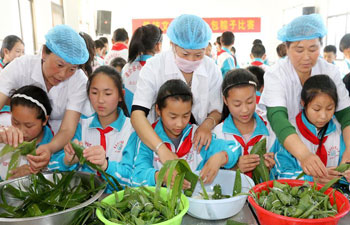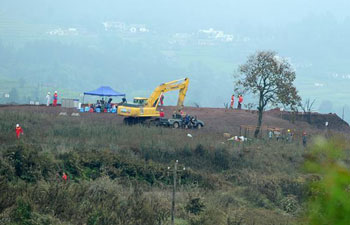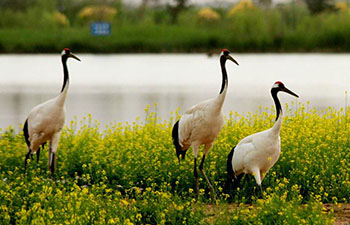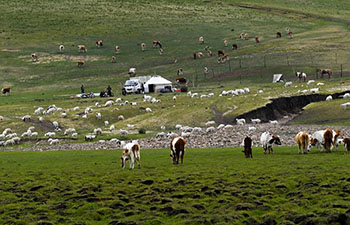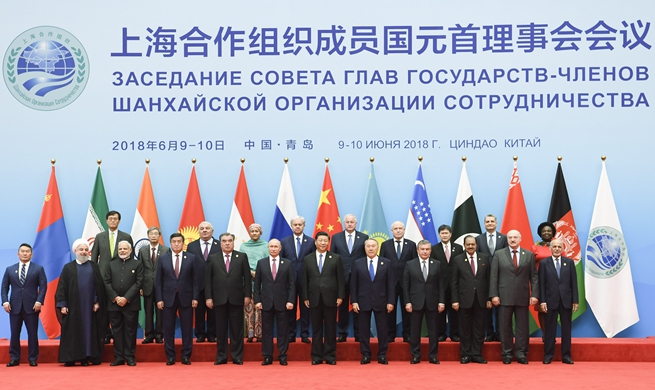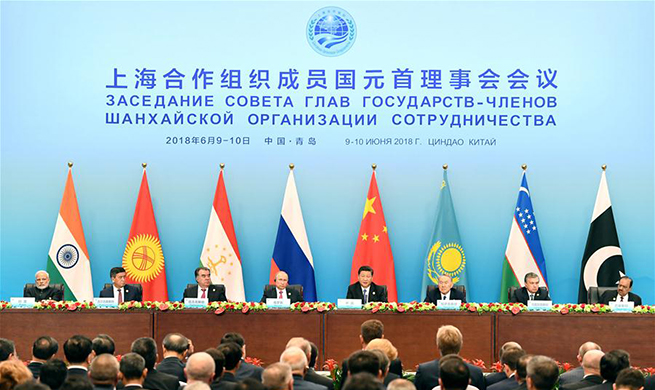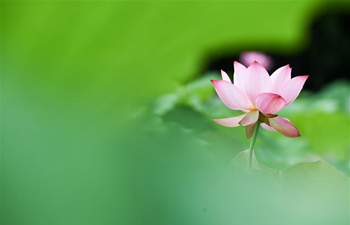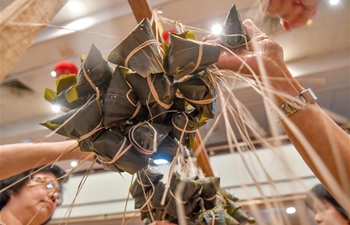URUMQI, June 11 (Xinhua) -- There are no traces of the modern in the sweet melon fields belonging to farmer Kadir Norozi. The octogenarian is old-school through and through, and insists on growing melons the old-fashion way, just as his ancestors did.
It's fruit season in Hami City, northwest China's Xinjiang Uygur Autonomous Region, and Kadir is busy loosening the soil with a hoe, ready to harvest his Hami melons. He does not use the thermal insulation materials or drip irrigation systems, which are now widely installed in many of the surrounding fields.
"But for saving water, I would not even use an impervious membrane," he says. "I stick to the traditional way to grow my melons."
Just a forest away are the fields of Ibrayim Niyaz and Yalkhun Niyaz. Unlike Kadir who farms by himself, the young farmers love to work in local cooperatives and use modern agricultural technology. In the 4,000 hectares of melon fields in Hami, different ways of farming collide across generations-- the old sticking to their ways, the young taking on the bright and new.
Xinjiang has been embracing new farming technology for some time. It is not unusual to see driverless tractors in many of the fields, easing the burden of local farmers. But the older generation like Kadir still prefer to follow what they see as ancient wisdom.
Kadir says he was taught secret techniques by older farmers, such as planting a special weed beside melons when the seedlings are young. He believes the weeds help retain water in the soil, keep insects at bay and fertilize the soil.
He even refuses to plant new kinds of melon, sticking with the famed Hami melons that were believed to have been shipped to Beijing as a special tribute to the Kangxi Emperor (1654-1722), who, legend has it, gave the melons their name.
"Today we have cultivated more than 200 varieties of Hami melon. Many new kinds look pretty but taste bad. So I grow only what was passed down from my grandfather," Kadir says.
The old man's melons have proved popular with tourists from across the country. The two tonnes of melons Kadir harvested last year sold out within days, earning Kadir 10,000 yuan (about 1,562 U.S. dollars). He will double the planting area this year.
This year Ibrayim is leading six farmers to grow 20 new and old varieties of Hami melon over 10 hectares. Together they could earn 300,000 yuan in a year.
"The old varieties taste good but are late maturing and difficult to store and transport," Ibrayim says. "We plant different varieties to meet different demands. Be it new or old, it is only quality that counts."
However, there is one area where the young and old generation agree, and that's to only use animal waste as fertilizer.
Yalkhun says the organic method produces 27 percent less yield than using chemical fertilizers and pesticides, but he is sure it is worthwhile.
"Despite the lower production, we must guarantee the flavor of our melons and protect the fame of Hami," Yalkhun says. "Only in this way can we have sustainable development in our melon planting industry."





